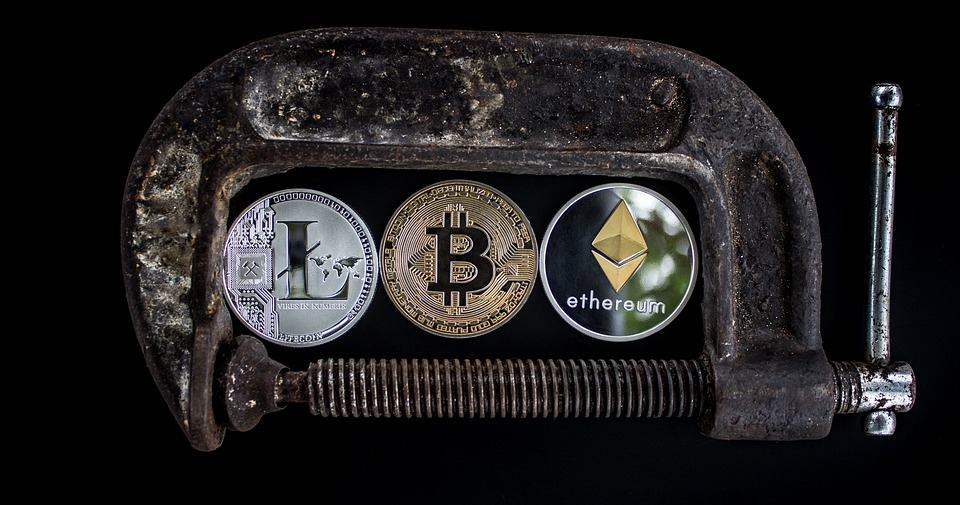Bitcoin, the world’s first decentralized digital currency, has been making waves in the global economy since its inception in 2009. Created by an unknown person or group of people using the pseudonym Satoshi Nakamoto, Bitcoin has revolutionized the way we think about money, finance, and the economy.
One of the key ways in which Bitcoin is changing finance is by providing a new, decentralized form of currency that is not controlled by any government or financial institution. This means that Bitcoin transactions can be made without the need for intermediaries such as banks, which can lead to lower transaction fees and faster processing times. This is particularly beneficial for people living in countries with unstable financial systems or high inflation rates, as Bitcoin offers a more stable and secure alternative to traditional currencies.
Bitcoin’s role in the global economy is also changing the way we think about investing and wealth management. As Bitcoin has gained in popularity and value over the years, more and more people are turning to cryptocurrency as a way to diversify their investment portfolios and potentially earn significant returns. This has led to the rise of cryptocurrency exchanges, where investors can buy, sell, and trade Bitcoin and other digital assets.
In addition to its role as a currency and investment vehicle, Bitcoin is also changing the way we think about the future of finance. As blockchain technology, the underlying technology behind Bitcoin, continues to evolve, we are seeing new and innovative applications of cryptocurrency in areas such as supply chain management, voting systems, and even healthcare. This has the potential to disrupt traditional industries and create new opportunities for growth and innovation.
However, with all the potential benefits of Bitcoin and cryptocurrency, there are also risks and challenges that need to be addressed. The decentralized nature of Bitcoin means that it is not regulated by any government or central authority, which can lead to concerns about security, fraud, and money laundering. Additionally, the volatility of Bitcoin’s price can make it a risky investment for some people.
Overall, Bitcoin’s role in the global economy is still evolving, but it is clear that cryptocurrency is changing the way we think about money, finance, and the economy. As more people embrace Bitcoin and other digital assets, we can expect to see even more changes in the way we transact, invest, and manage our financial lives.




